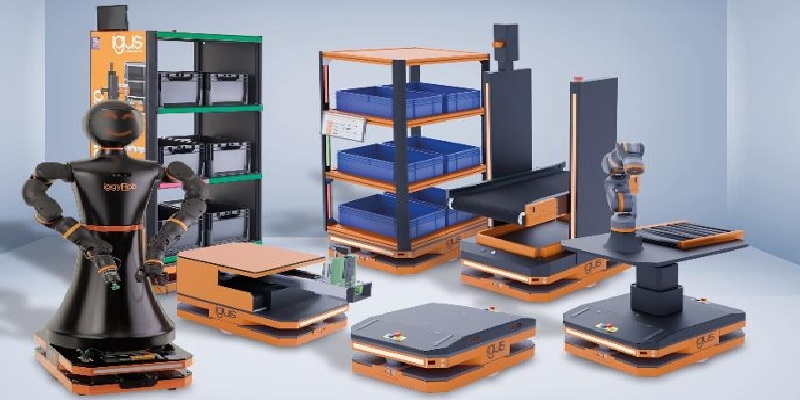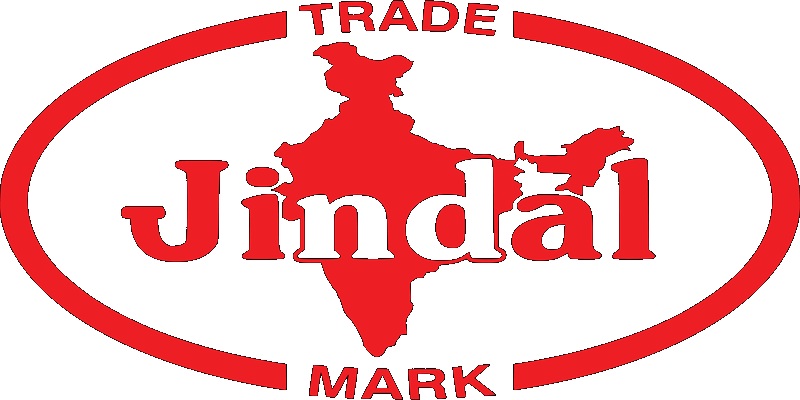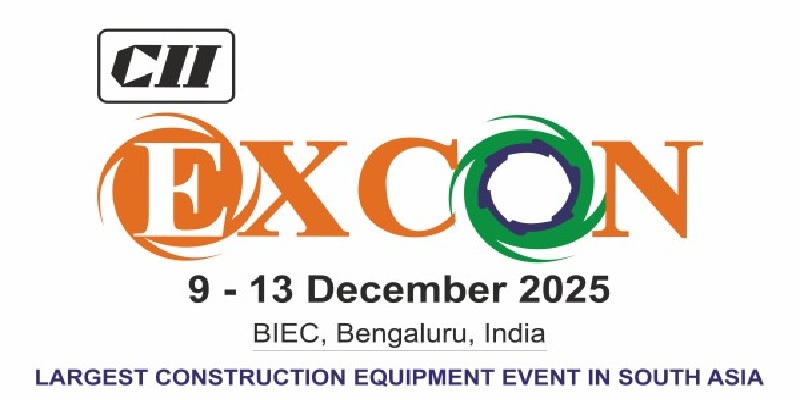Schedule a Call Back
BNC Motors transforms the EV scape in India
 Interviews
Interviews- Jul 24,24
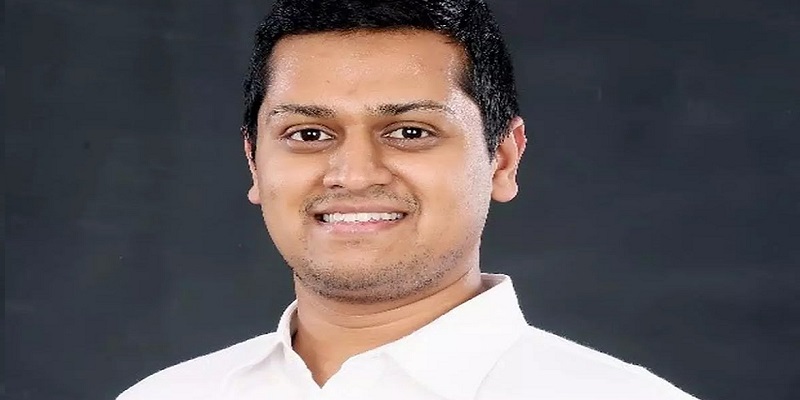
How has the EV industry evolved technologically over the last few years in India?
Related Stories

Vingroup to Invest $ 3 Billion in Telangana to Build Integrated Smart Ecosystem
Vingroup and Telangana sign a $ 3 billion MoU to develop a large-scale smart, green, multi-sector ecosystem spanning urban development, mobility, energy and social infrastructure.
Read more
India’s demand for high-precision machine tools is rising: K Balasubramaniam
In this interaction with Rakesh Rao, K Balasubramaniam, Founder, Tsugami Precision India, discusses the evolving machine tools landscape and the company’s role in shaping India’s manufacturing t..
Read more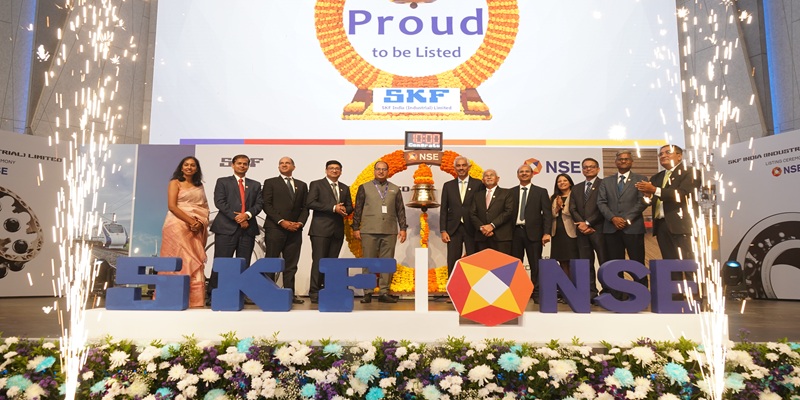
SKF India (Industrial) Lists as Independent Entity to Drive Industrial Growth
The demerger creates two sector-focused, strategically independent organisations.
Read moreRelated Products

Automotive Oil Pump
Kalpak Auto Pvt Ltd offers a wide range of
automotive oil pump.
Tata Motors unveils facilities for development of Hydrogen propulsion tech
Tata Motors, India?s largest automobile company, unveiled two state-of-the-art & new-age R&D facilities for meeting its mission of offering sustainable mobility solutions. The unveilings constitute of Read more
Tata Motors plans petrol powertrain for Harrier and Safari SUVs
Tata Motors is in the process of developing a new petrol powertrain for its premium sports utility vehicles, the Harrier and Safari, as confirmed by a senior company official. Currently, these models Read more





